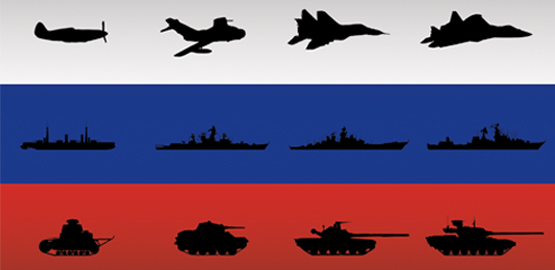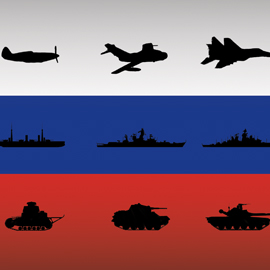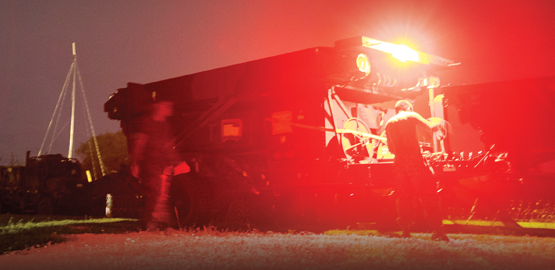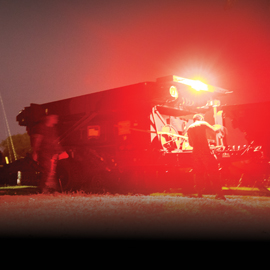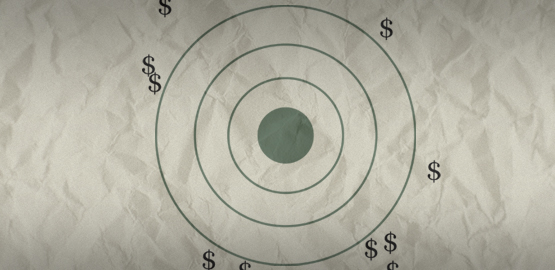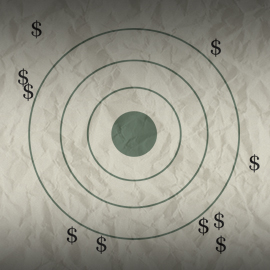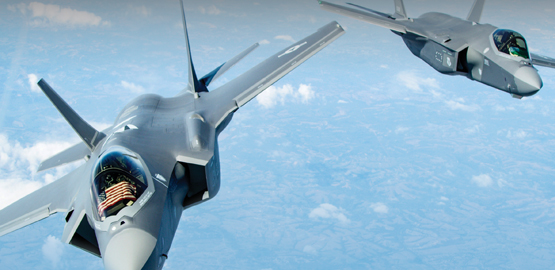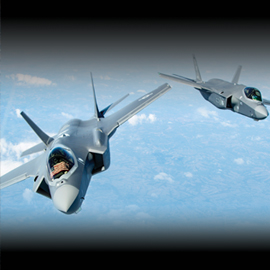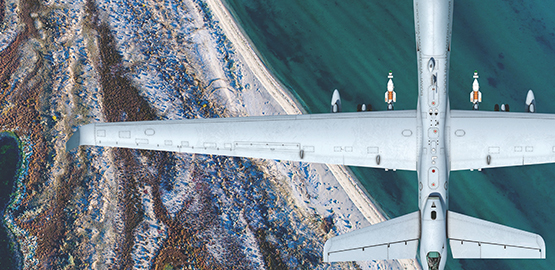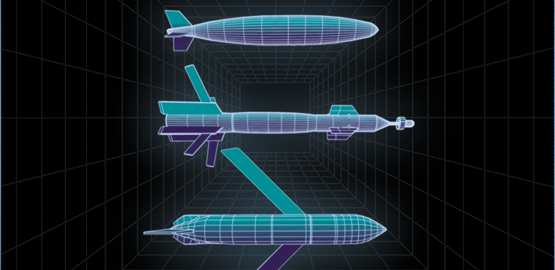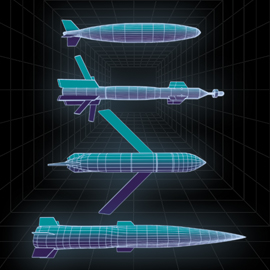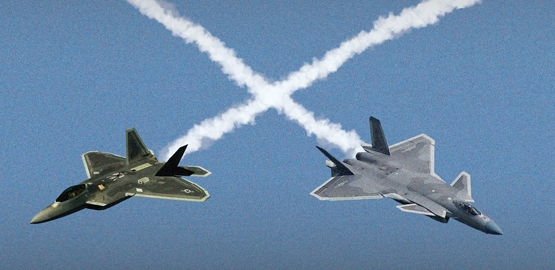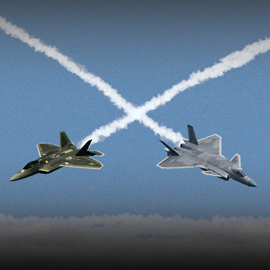The nomination of Ashton B. Carter to be secretary of defense is expected to sail through the Senate, but the former Harvard scholar and physicist will face powerful headwinds finding consensus on a host of security challenges — from military operations to pending budget cuts that could upend the military’s future plans.
Perhaps most urgently, Carter will have to oversee the three-month-old air war against the Islamic State in Iraq and Syria, which has sparked competing calls in Congress for more aggressive action and worries that the United States risks getting embroiled in another open-ended conflict in the Middle East.
A longtime Pentagon official and strategist who held senior posts in both the Clinton and Obama administrations, Carter, 60, was nominated Friday by President Obama for the post.
If confirmed as expected early next year, Carter would oversee the winding down of the US combat role in Afghanistan after 13 years, even as the Taliban appear to be growing bolder.
He will rely on his previous experience dealing with Russia to help manage a resurgent Moscow and its military foray into Ukraine and, closer to home, confront a looming budget crisis caused by automatic cuts to defense programs imposed by Congress.
Those are just a few of the challenges in which there is seemingly little agreement on the most effective approach.
“He will have to build a bipartisan consensus on national security,” said Jerry Hendrix, a retired Navy captain who is director of the Defense Strategies and Assessments Program at Center for a New American Security, a Washington think tank.
Former Pentagon official Andrew Krepinevich, president of the Center for Strategic and Budgetary Assessments, another think tank, described one of Carter’s primary challenges as bridging the “ends-versus-means disconnect between the White House, the Pentagon, and the Congress.”
“You have rising security challenges — the backsliding in Iraq, rising threats in Afghanistan, the creeping aggression of Russia and China,” he said. “What do you do about that, particularly when you have an agreement [made in 2011] that calls for reducing defense spending?”
The selection of Carter, who is described by those who have known and worked with him as both brainy and managerially savvy, was hailed by members of both parties, who predicted a relatively smooth confirmation process early in the new year.
Still, some Republicans who have been critical of administration defense policy said they are planning to grill Carter when he appears before the Senate Armed Services Committee.
Senator Kelly Ayotte, a New Hampshire Republican, said in a statement that Carter must have “a willingness to overturn misguided service proposals, a commitment to root out waste, a clear understanding of the threats our nation faces, and the ability to effectively advocate for the defense strategy and budget necessary to protect our country.”
At the White House event announcing his nomination Friday, Obama called Carter an “innovator” and “reformer” who “knows the Department of Defense inside and out,” most recently as its second in command until last December.
But even such an experienced hand may find that his tenure will “end in tears,” as David Rothkopf, editor of Foreign Policy magazine and author of “National Insecurity: American Leadership in an Age of Fear,” predicted on Friday in an essay published by the magazine.
In addition to competing visions on how to confront the menu of security problems in a politically and philosophically divided capital, Carter will have to navigate a White House that is widely viewed as micromanaging many decisions through the National Security Council staff, according to Rothkopf, who has studied White House decision-making on national security issues.
He said the “bloated” structure at the National Security Council, which has grown to some 400 people, “both reflects and communicates the centralization of decision-making on an ever-growing list of issues in the White House.”










